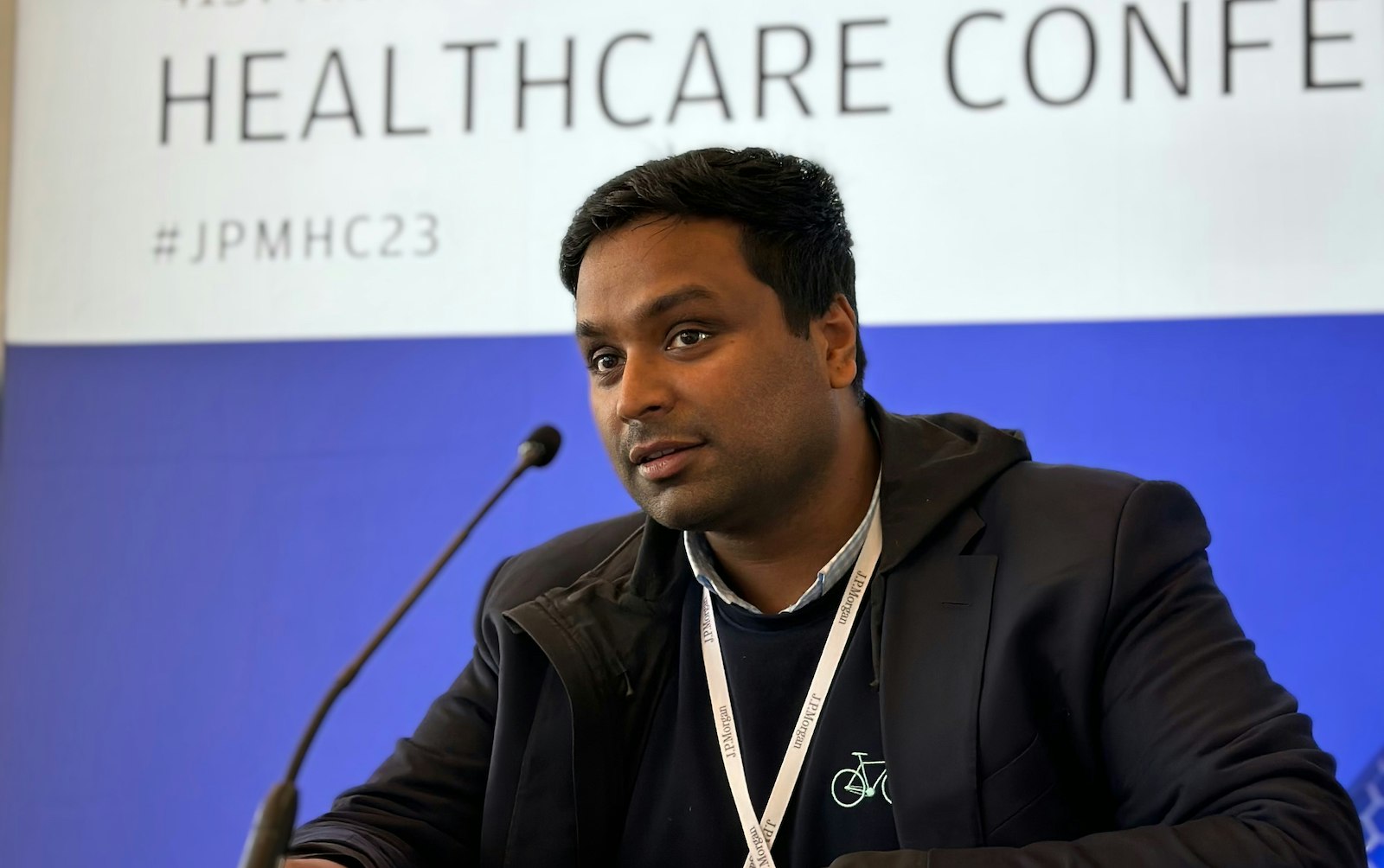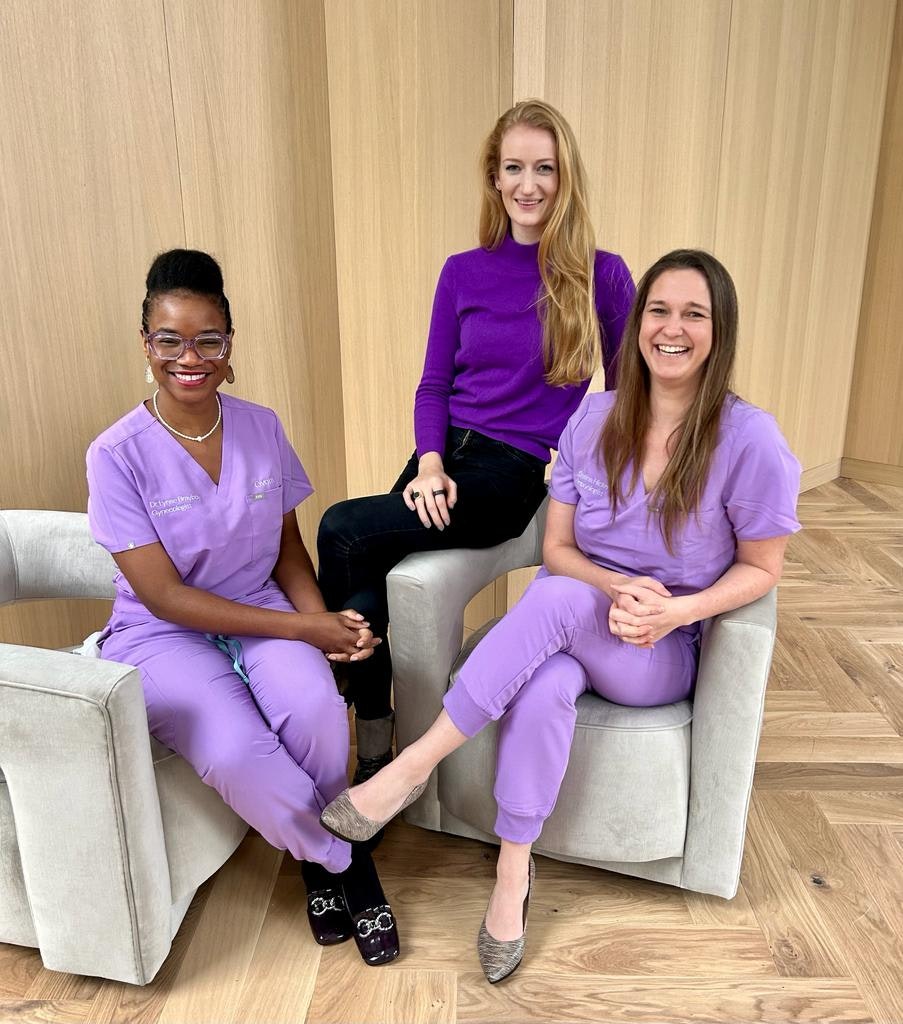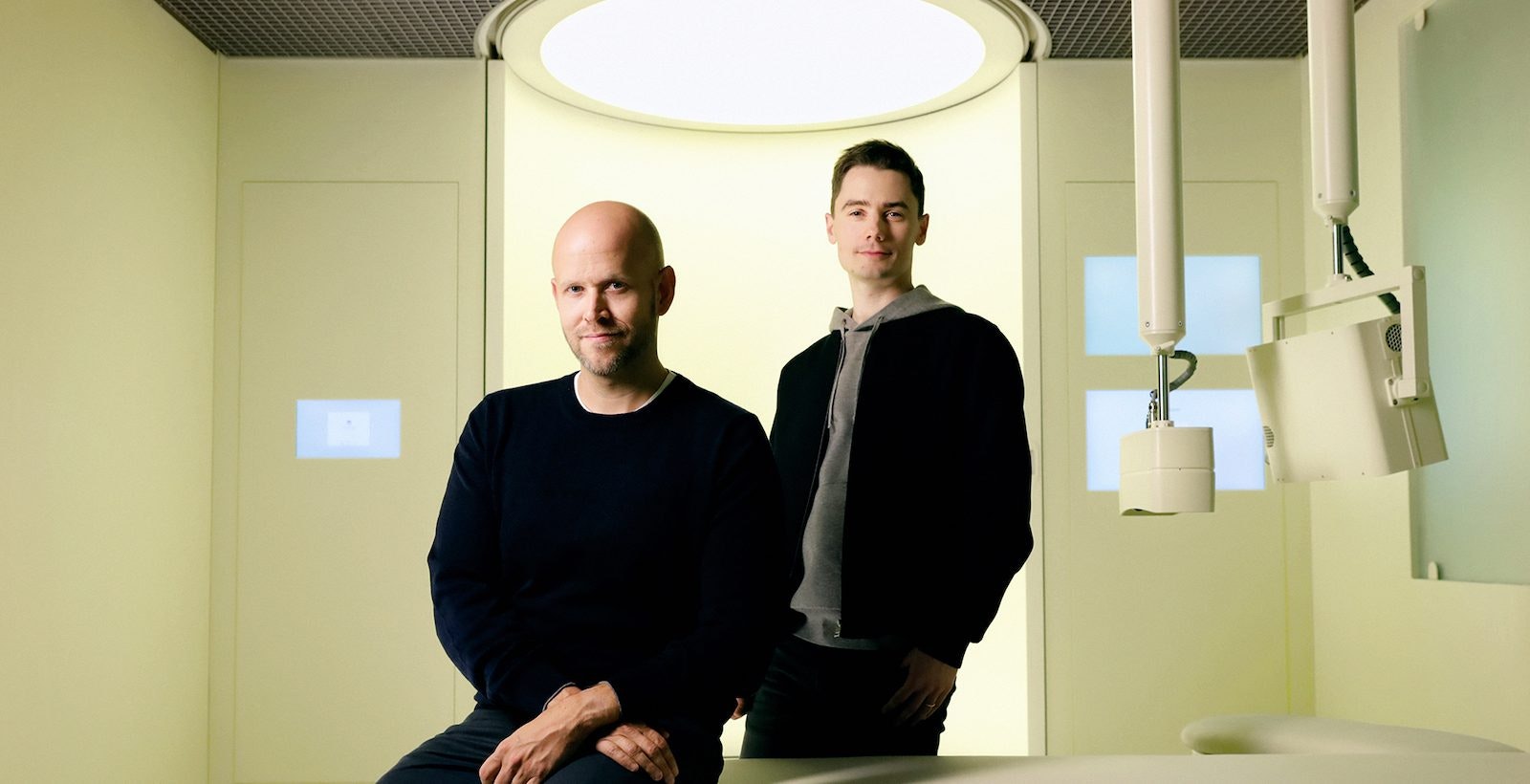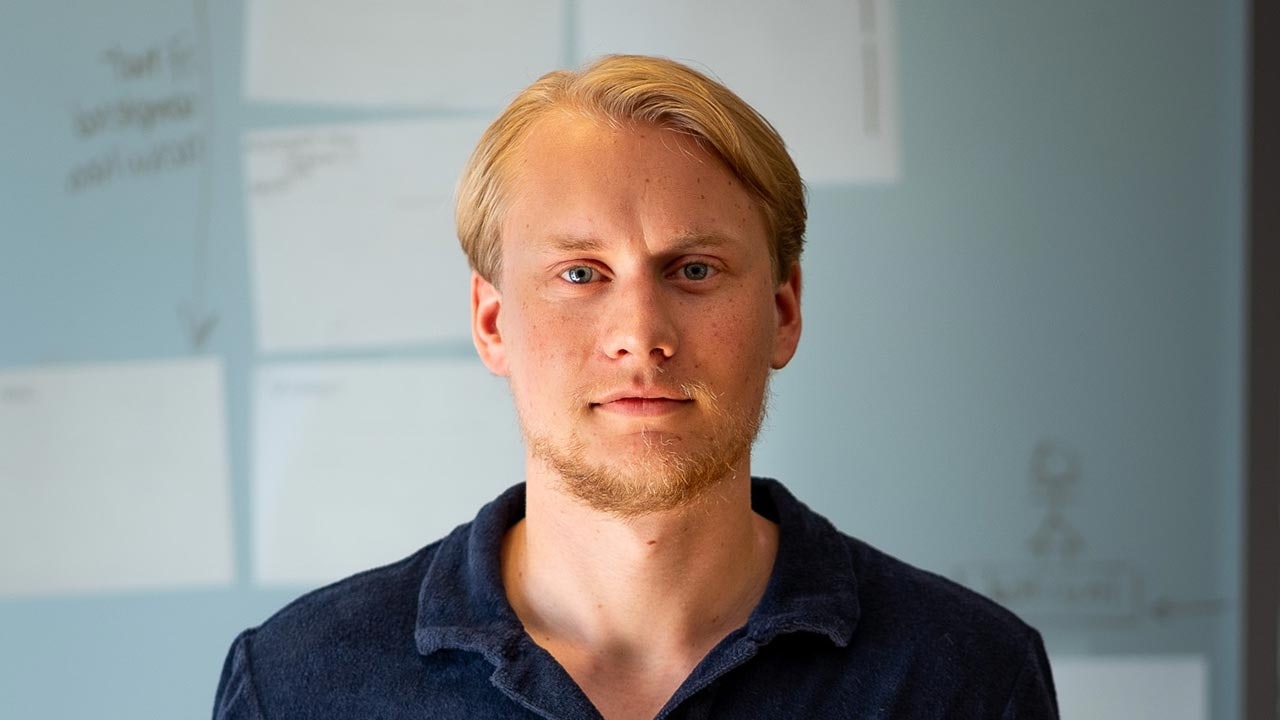Cambridge-founded startup BIOS Health is announcing today that it's raised a fresh round of funding led by UK techbio VC firm Selvedge Venture and XTX Ventures, the venture arm of trading company XTX Markets.
The amount is undisclosed, but according to sources close to the company it's more than $20m.
The capital will be used to commercialise its full-stack neural interface platform, which uses AI to decode and recode the signals sent from the brain to the body to treat chronic health conditions.
Running ahead of Elon Musk’s Neuralink
BIOS Health was founded by computer neuroscientist Emil Hewage and bioengineer Oliver Armitage in Cambridge in 2015, as a way to commercialise all the advancements in the field over the prior 20 years. It uses data-driven insights from the nervous system — which helps different parts of the body to communicate — to build neural digital therapies, the new trend in precision medicine.
Similar to Elon Musk’s Neuralink, BIOS Health developed an implant that connects with its platform to change the signals to the nervous system. When it took part in Y Combinator in 2017, BIOS could already integrate the brain implant into a pig.
But in the last couple of years, it's slowly moved away from the hardware part of its business and can now integrate its tech with other implant manufacturers. The company is instead focusing on building a new standard for mapping the neurological network.
By connecting to a sensor placed on or close to the body, it can read nerve impulse activity and tell millisecond by millisecond which cells are firing where and what messages they're sending.
The tech could be used to treat conditions like heart failure, arthritis, diabetes and Crohn’s disease, which occur when the signals between the brain and diseased organs are failing. In the case of heart failure, for example, BIOS would be able to intercept that signal and rewire the brain, dramatically improving the health and well-being of patients.

“What we're most famous for is that we can play electrical waveforms like digital signals back into the nerve fibres. And in less than a few milliseconds, we send kind of really complicated ringtones at your nerves. And it means that the fibres and the nerves change their activity as if you are healthy,” Hewage says.
“Our leadership in using AI to translate the neuron has meant that we can now build a business line of being the biggest brand for providing precision in major clinics around the world.”
A new standard
Mapping of the neural network has some similarities with the DNA sequencing technology that made it possible to map the entirety of the human genome. That tech has made way for a number of gene therapies.
“We follow that same trajectory as all the early genome technologies,” Hewage says. “For our partners, instead of paying $5m-10m [for mapping a person’s neural network] and waiting for five years, they can get an answer out of the BIOS platform in a few minutes.
“In many ways, the nervous system is significantly more complicated than the genome or the immune system. [It’s] very noisy; there are hundreds of billions of neurons in our body and they're all firing at the same time. But once you can find that code and edit that code, the possibilities are enormous."
BIOS was chosen earlier this year by the US National Institute of Health and a consortium of major healthcare centres, including the Mayo Clinic and Stanford University, to have its tech power a major project, REVEAL.
The $21m programme will take place in eight clinics across the globe over three years and will be the largest-ever clinical study of human nerve data. The main objective will be to collect and analyse information from 150 patients and investigate the potential for neural therapies, delivered electrically by pacemaker-sized devices on the vagus nerve (a major nerve from the brain to the rest of the body). The hope is that the programme will have a similar impact on medicine for chronic disease as the Human Genome Project had on treatments for cancer and genetic diseases.
Hewage says that BIOS already has a diverse set of partners that work on medicines for broad classes of diseases that have never been treated before.
“Even long Covid causes damage to the nerves. So you don't have to just wait for psychological disorders you can treat, but also billion-patient issues like heart failure or breathing issues.”


